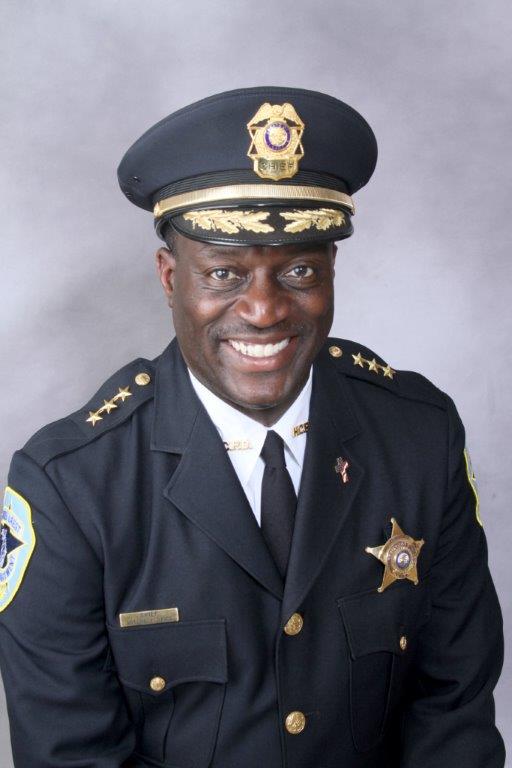President Davis issues statement on anniversary of George Floyd's deathMay 25, 2021 By ILACP President Mitchell R. Davis III
Reflecting on May 25, 2020, I remember my original thought response prior to seeing any video footage as being, “Not another incident!” I also remember my feelings after seeing the 8:46 video of a police officer with his knee on a man’s neck. I remember listening to that same man and several bystanders all pleading with the officers involved for mercy. I remember watching urine streaming from the man as he appeared to take his last breath before dying. I remember watching the video footage several times in disbelief, to the point where I was almost brought to tears. I remember finally thinking, “This is NOT just another incident!” The murder of that man, Mr. George Floyd, sent a sustained shock wave across the world. The response to that shock wave has been varied and has been of a magnitude like no other. Cries to address racial inequities that pertain to criminal justice systems around the world rose to deafening levels. The expansion in number and composition of those making these cries has forced the criminal justice system to deal with some harsh realities about itself. The main question that we have to ask is, “Does our criminal justice system equitably administer liberty and justice for all?” The answer to that question differs, depending on who is responding. George Floyd’s death has invoked a movement that is demanding that we begin to also view that answer from the perspective of those most adversely affected by the criminal justice system. Differing viewpoints don’t have to be bad or adversarial in nature. Seeking to be empathetic with one another in all things that we do can serve as a guide for constructive collaboration. George Floyd’s murder has set transformational change into motion. The Illinois Association of Chiefs of Police has chosen to continue to be collaborative partners in constructive change. After Michael Brown was killed in Ferguson, MO we partnered with the NAACP to develop the “Ten Shared Principles.” The components of that historic document can almost all be found in the new criminal justice reform legislation in Illinois. In 1967, at University of New Castle in England, Dr. Martin Luther King, Jr., said: "It may be true that morality cannot be legislated, but behavior can be regulated. It may be true that the law cannot change the heart, but it can restrain the heartless. It may be true that the law cannot make a man love me, but it can restrain him from lynching me; and I think that is pretty important also. And so, while the law may not change the hearts of men, it does change the habits of men if it is vigorously enforced, and through changes in habits, pretty soon attitudinal changes will take place and even the heart may be changed in the process." The Illinois Association of Chiefs of Police has shown our desire to demand equitable service to every person in the State of Illinois, no matter who they are or where they live. We will continue to work to regulate behavior, restrain the heartless, and promote good habits that we pray will result in the changes in attitudes and of hearts that Dr. King desired 54 years ago. And just as many have done since Dr. King’s death, we will continue to seek to ensure that Mr. George Floyd’s tragic death not be for naught -- through our demands of equity in all aspects of our noble profession. Here is the statement issued one year ago by then-ILACP President James R. Black |

